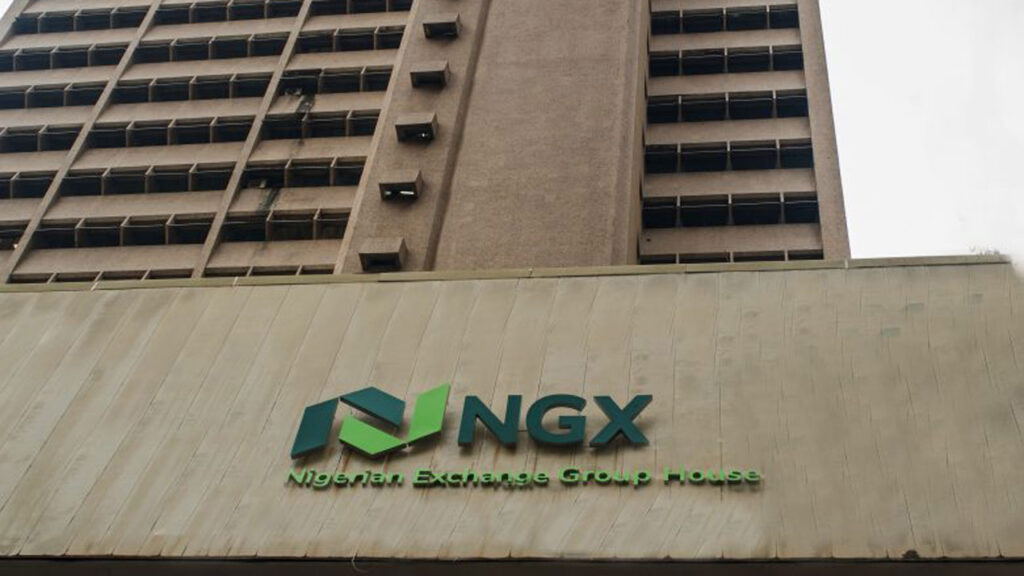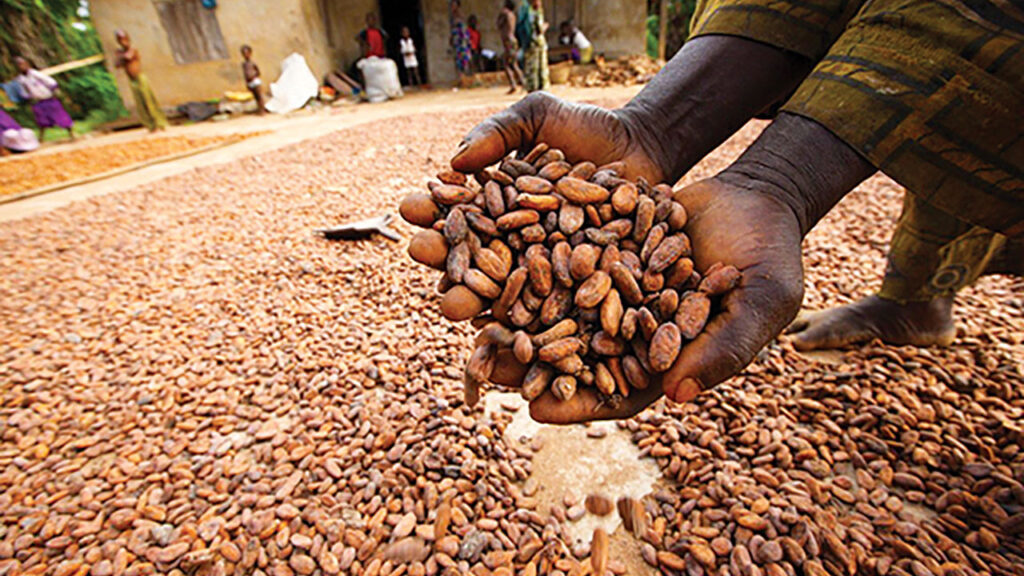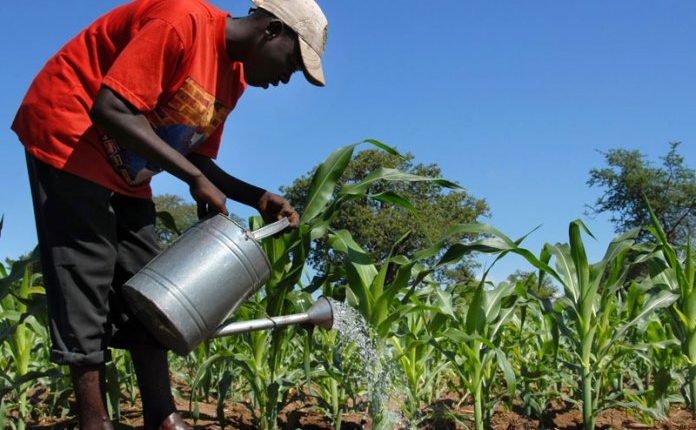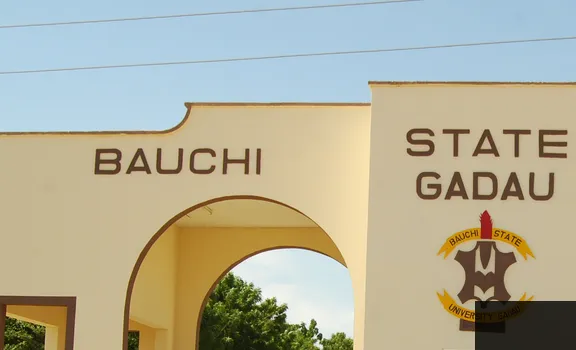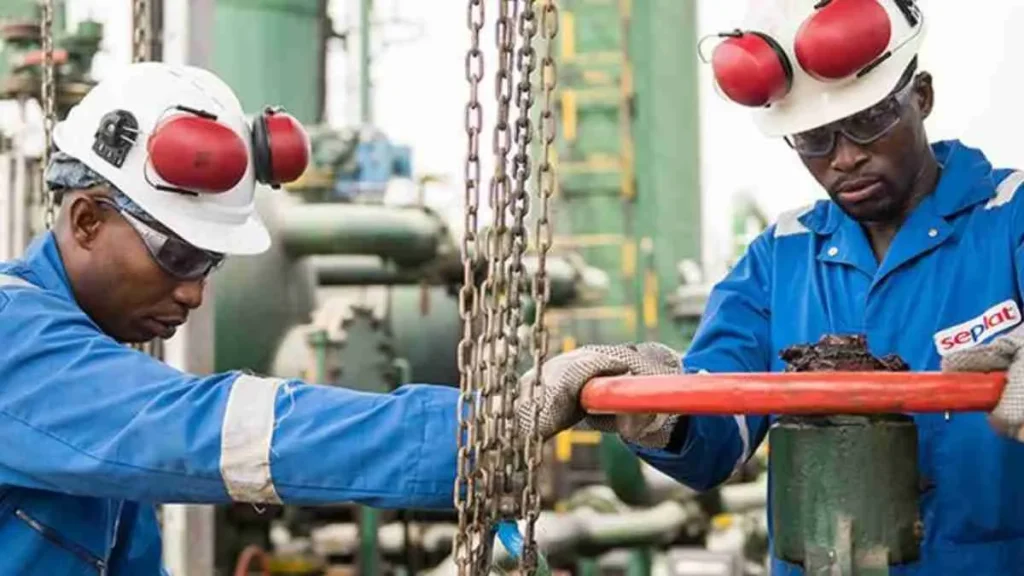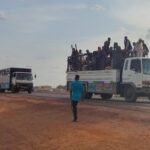[dailymotion code=”x7z3623″ autoplay=”yes”]
*Foreign airlines explain extra measures, seek cooperation
Travel operators, Wednesday, kicked against the new COVID-19 antigen tests among other safety measures now imposed by some foreign airlines plying the Nigerian route.
The operators flayed the additional discomfort and extra cost imposed on the travelling public in Nigeria alone, describing them as exploitative.
The airlines earlier explained that the additional test measures were due to rampant cases of fake COVID-19 test results coming from Nigeria.
The Guardian reported that international carriers have begun enforcement of fresh safety protocols much to the discomfort of Nigerian travellers.
The national carriers of the United Arab Emirates (UAE), and Netherlands, Emirates and KLM, respectively, have begun conducting mandatory antigen tests on Nigerian passengers, in addition to the polymerase chain reaction (PCR) test approved by the Federal Government and the global standard.
The test costs additional N25, 800 per traveller at the Nnamdi Azikiwe International Airport (NAIA), Abuja, and N36, 800 at the Murtala Muhammed International Airport (MMIA), Lagos.
Chairman of the Airline Passenger Joint Committee (APJC), Bankole Bernard, said Emirates and co. had no fault in disrespecting Nigerian travellers, but for the Federal Government that has refused to live up to the billing.
Bernard said he was not unaware of the fake test result claims, but it is the exclusive responsibility of the government to rid the system of saboteurs.
“I believe the government should live up to its responsibility, except they are saying that we all in Nigeria do not matter. Dubai is bothered. Hence, they are mandating two-test procedures and making money from the travelling public. But that is completely unacceptable and sheer irresponsibility on our part.
“My question is, are we that corrupt in Nigeria and useless that we create only problems for everyone in the world? What measures has the government put in place to sanitise our system? The National Centre for Disease Control (NCDC) gave approval for the new tests to be conducted in two airports, without the knowledge of the Nigerian Civil Aviation Authority (NCAA) and other stakeholders in aviation. What does NCDC know about the travel market? So, it is not the fault of Emirates at all,” Bernard said.
Similarly, President of the National Association of Nigeria Travel Agencies (NANTA), Susan Akporiaye, said operators found the new test regime and stealthy confinement of Dubai-bound Nigerian travellers to Emirates Airlines alone, as quite disturbing.
She said: “We are worried, and call on the Minister of Aviation to help intervene and interrogate this development. We appreciate the efforts of governments and airlines to help secure the lives of passengers and also protect their citizens, which NANTA supports in all ramifications but this additional requirement from Dubai airport Authority and Emirates are far-flung and we crave for better arrangements, possibly involving other stakeholders. In this pandemic situation, no man is an island.”
Emirates, in response to our inquiries, stated that they were keen to ensure that flights between Nigeria and Dubai continue.
“We moved very quickly to ensure that rapid COVID-19 testing facilities were ready in Abuja and Lagos for our passengers.
“Emirates would like to reiterate that the new testing requirements are in no way intended to single out Nigerian passengers and that these measures are being followed to safeguard the health and safety of all those travelling, as mandated by the UAE government. Passengers travelling to Dubai from over 55 countries undergo similar measures, including a number of other African countries.
“Emirates is also not discriminating against Nigerians transiting via other African countries. Passengers in transit are unable to meet the rapid COVID-19 test requirements, which are currently available in Abuja and Lagos.
“Emirates hopes to continue our dialogue with the Nigerian authorities to ensure that we can carry on with our services and provide much-needed connectivity, and make air travel more accessible for our customers.”
Director-General and Chief Executive Officer (CEO) of the International Air Transport Association (IATA), Alexandre de Juniac, said everyone could feel the pinch of new restrictions, but the way out is a better partnership among the stakeholders.
“I don’t think that anyone foresees a world free from COVID-19 anytime soon. Certainly, not in the next months or even within this year. But our ability to manage the risk is increasing as more people get vaccinated and testing capacity expands.
“Eventually, we will be at a point where these and other measures give governments the reassurance that the risk of re-starting our lives—including travel—is tolerable, recognising also the significant social and economic benefits that are at stake.
“We are eager to work with governments as partners to understand what the benchmarks and conditions will be for a decision to give people back their freedom of movement. A functioning aviation industry will add vital momentum to the economic recovery. Indeed, without aviation, a recovery is likely not possible. We have all seen far too many stories of the terrible job losses and human suffering across the travel and tourism sector. So-called “staycations” and local tourism are not the answer. Only aviation will be able to energise a recovery,” de Juniac said.


